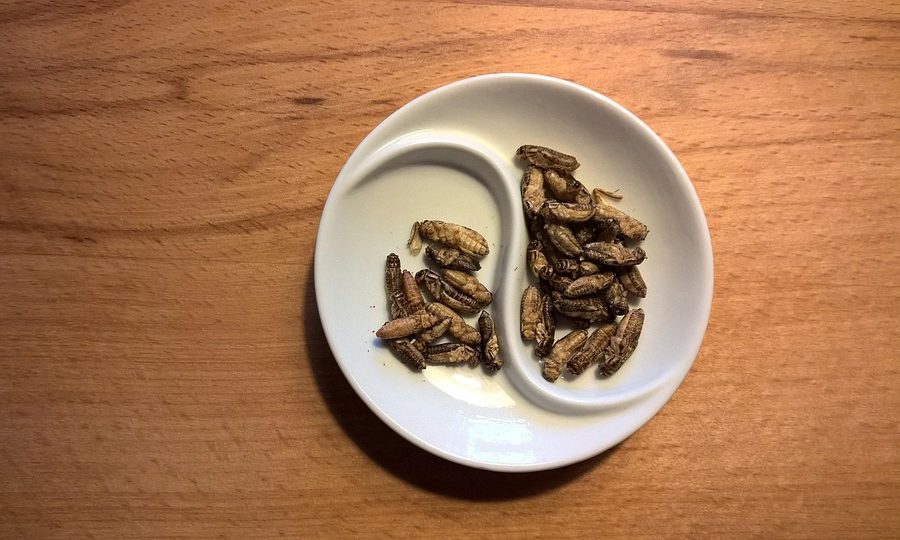Food addiction is a growing concern in today’s fast-paced world, affecting millions and often leading to serious health complications. If you find yourself trapped in a cycle of overeating or craving unhealthy foods, you’re not alone—and there is hope. In this guide, you’ll learn how to break free from these patterns, regain control of your eating habits, and reclaim your health.
Understanding Food Addiction
What Is Food Addiction?
Food addiction is characterized by a compulsive, often uncontrollable, urge to consume certain foods that are high in sugar, fat, or salt. Just like substance addiction, it can lead to cravings, withdrawal symptoms, and negative impacts on daily life.
The Causes of Food Addiction
Food addiction isn’t just about willpower; various factors contribute to this compulsive behavior, including:
- Biological Factors: Genetics can play a role, as some people are more predisposed to food cravings and emotional eating.
- Psychological Factors: Stress, anxiety, and depression often drive people to seek solace in food.
- Environmental Triggers: The constant availability of highly palatable foods can create a temptation that’s hard to resist.
Signs You Might Have a Food Addiction
Recognizing the signs of food addiction is the first step toward overcoming it. Here are some common indicators:
- Cravings: Persistent urges to eat specific foods, even when you’re not hungry.
- Loss of Control: Inability to stop eating after consuming a certain amount.
- Neglecting Responsibilities: Prioritizing food over personal, professional, or social commitments.
- Withdrawal Symptoms: Experiencing irritability, anxiety, or discomfort when trying to cut back on certain foods.
Taking The First Steps to Recovery
Acknowledgment and Acceptance
The journey to conquering food addiction begins with acceptance. Acknowledge your struggles and understand that overcoming food addiction is possible. Reaching out to healthcare professionals for guidance can be a good starting point.
Educate Yourself About Nutrition
Understanding nutrition can empower you to make healthier choices. Consider the following:
- Learn about Macro and Micronutrients: Familiarizing yourself with proteins, fats, and carbohydrates can help you make informed decisions.
- Identify Trigger Foods: Keep a food journal to identify which foods lead to cravings or binges.
Set Realistic Goals
Setting achievable goals is crucial. Instead of aiming for drastic weight loss, focus on creating long-term, sustainable changes to your eating habits:
- Start with small, actionable steps.
- Aim for consistency rather than perfection.
Strategies to Overcome Food Addiction
Mindful Eating
Mindful eating encourages you to pay attention to your body’s hunger cues. Here are a few tips:
- Slow Down: Take the time to savor each bite, which can help reduce overeating.
- Avoid Distractions: Turn off the TV and put your phone away during meals to allow focused eating.
Build a Support System
Having a strong support network can make all the difference. Consider:
- Joining a Support Group: Sharing your experience with others can provide motivation and accountability.
- Seeking Professional Help: A dietitian or therapist specialized in food addiction can offer personalized strategies.
Find Healthy Alternatives
Substituting unhealthy foods with nutritious options is key to overcoming food addiction. Here are some suggestions:
- Opt for Whole Foods: Fruits, vegetables, whole grains, and lean proteins can satisfy cravings without the negative effects.
- Explore New Recipes: Experiment with healthy versions of your favorite meals.
Manage Stress Effectively
Since emotional eating is often a result of stress, finding alternatives to cope with stress is essential. Some strategies include:
- Practicing Mindfulness or Meditation: Both can reduce stress and minimize cravings.
- Regular Physical Activity: Exercise helps improve mood and can reduce the urge to overeat.
The Role of Exercise in Recovery
Incorporating regular physical activity into your routine can significantly contribute to conquering food addiction. Here’s how:
- Release Endorphins: Exercise triggers the release of feel-good hormones that can reduce cravings.
- Create Healthy Routines: Establishing a regular exercise schedule can encourage more responsible eating habits.
Tracking Your Progress
Keeping tabs on your progress can help you stay motivated. Consider:
- Journaling: Write about your experiences, feelings, and what works for you.
- Setting Milestones: Celebrate small victories to keep your spirits high.
Conclusion: Reclaim Your Health
Food addiction can feel like an insurmountable challenge, but it’s entirely possible to break free. By understanding the roots of your addiction, setting realistic goals, and employing effective strategies, you can reclaim your health and live a fulfilling, balanced life. Remember, seeking help is not a sign of weakness; it’s a powerful step toward a healthier you. With determination and support, a brighter and healthier future is within your reach.
Breaking free from food addiction starts today. Embrace your journey, prioritize your health, and remember that recovery is a process—it’s about progress, not perfection. You have the strength within you to overcome this addiction, and each positive choice you make brings you one step closer to a healthier, happier life.








 Weight Loss, Unlocked.
Weight Loss, Unlocked.